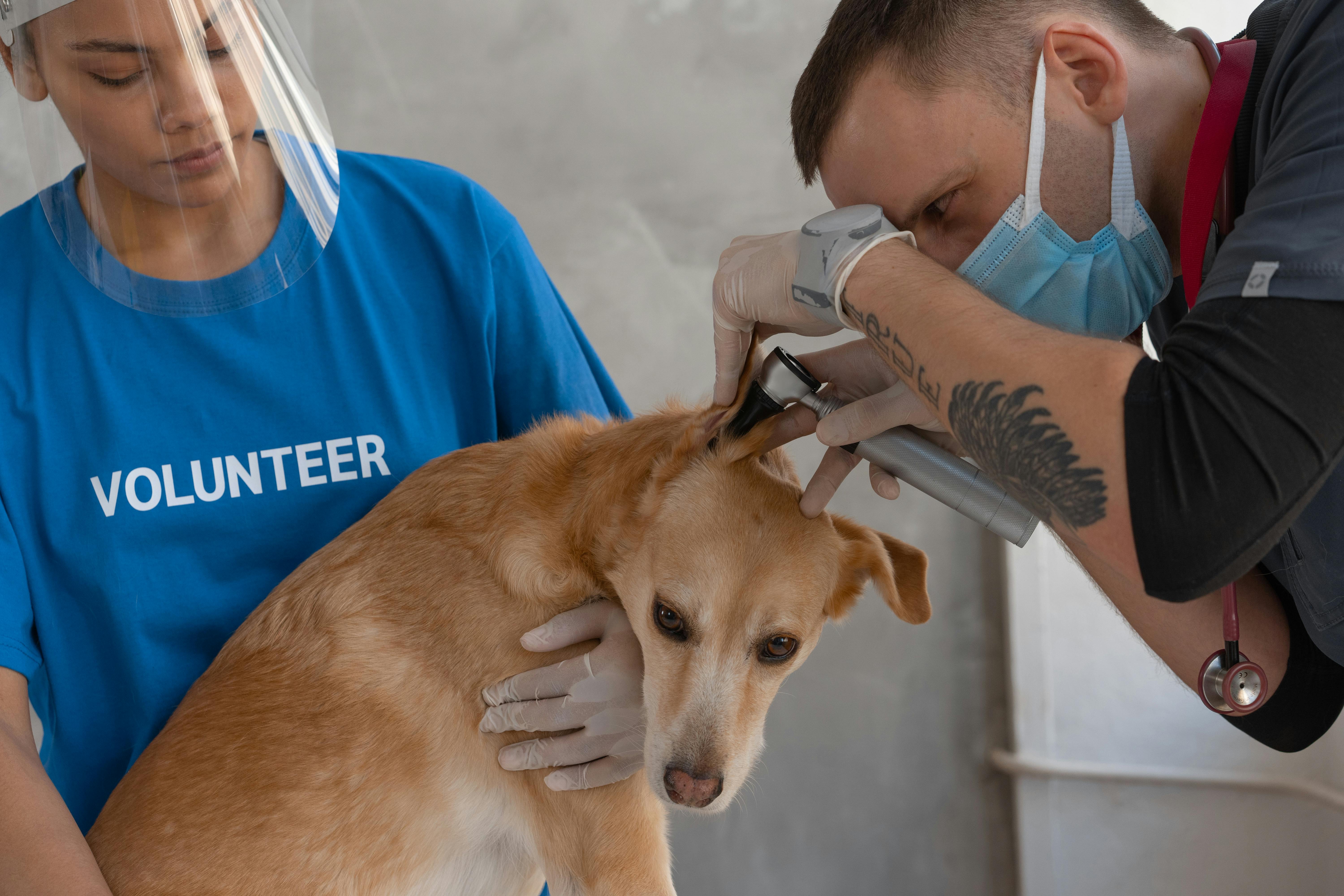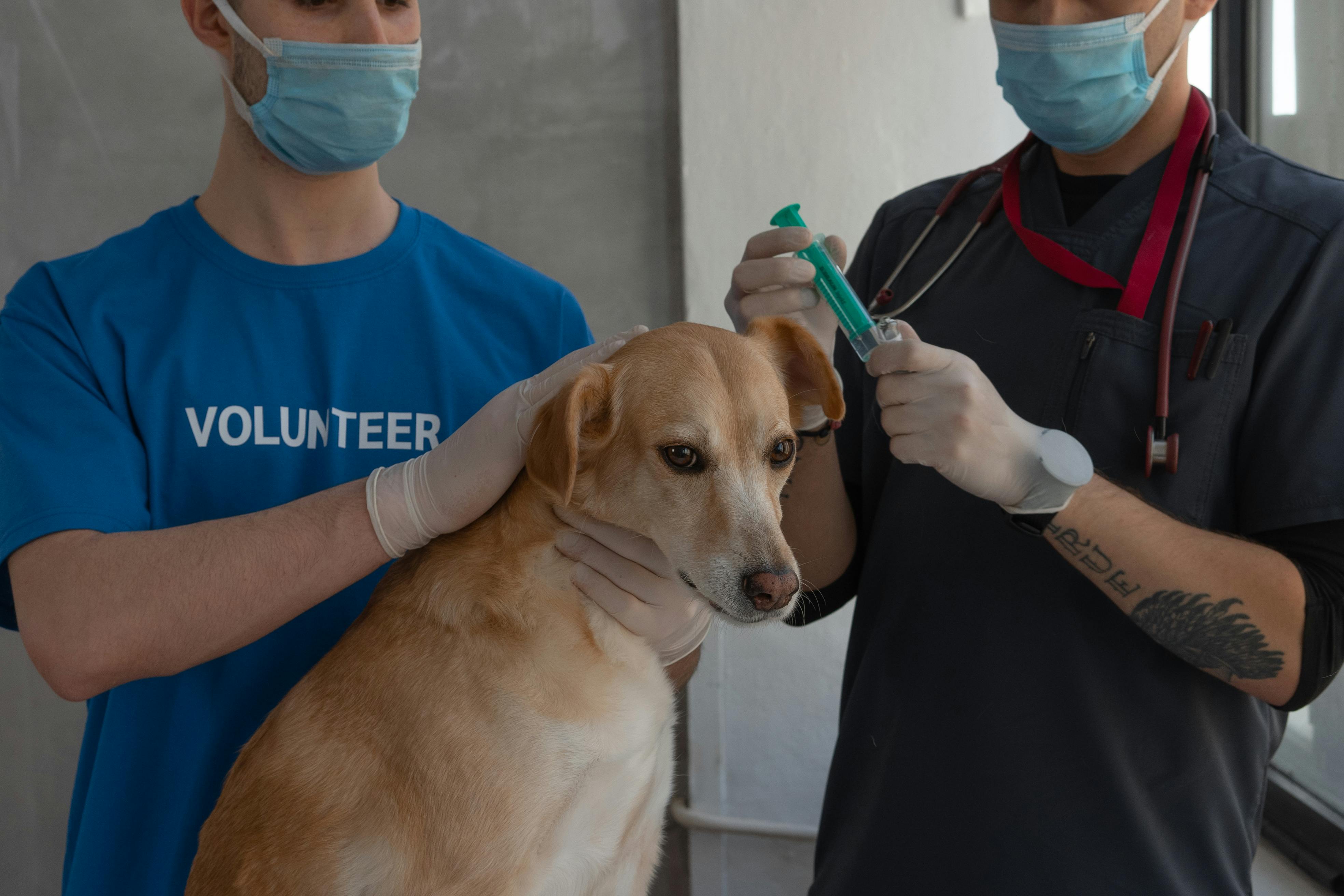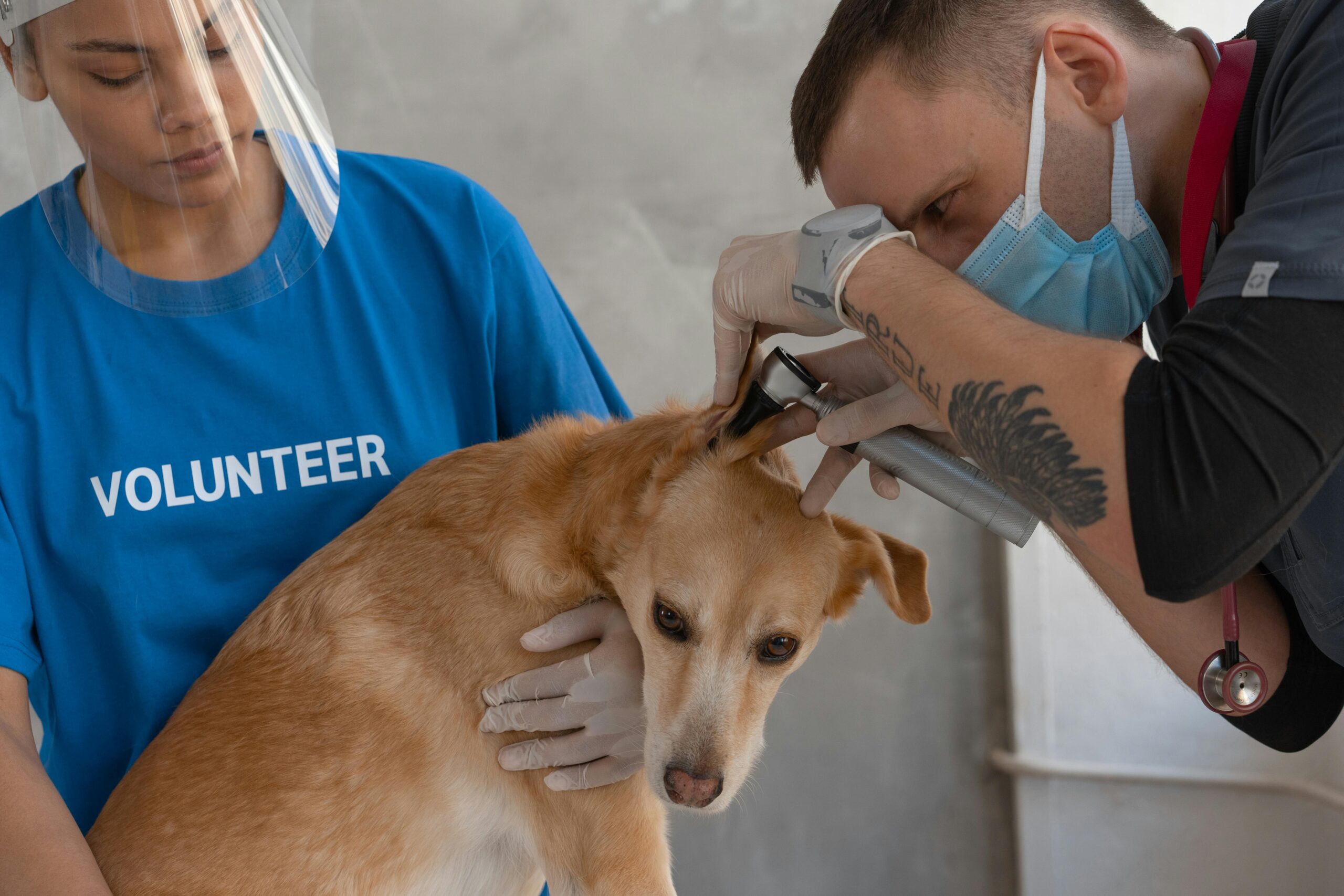Why All Pets Deserve Vet Care: A Guide for Every Owner
Every pet deserves a healthy, happy life—and that starts with consistent veterinary care. In a world where pet ownership is on the rise, understanding the importance of veterinary services is more crucial than ever. This guide explores why all pets deserve vet care, offering insights, actionable strategies, and future-focused advice that every pet owner can use.

Understanding the Fundamentals
Veterinary care is more than just shots and checkups—it’s a foundation for a long and healthy life for your pet. From preventing diseases to early detection of chronic conditions, regular vet visits are essential.
Historically, vet care was only sought in emergencies. However, with the rise in pet wellness awareness, many owners now recognize that all pets deserve vet care as part of a proactive health plan.
1.1 Preventative Healthcare
Preventative care includes vaccinations, flea/tick treatments, and dental cleanings. According to the American Veterinary Medical Association, preventative treatments can reduce emergency visits by over 70%.
This proactive approach minimizes long-term health issues. For example, routine dental cleanings help prevent infections that could lead to organ failure—a risk many owners underestimate.
1.2 Early Diagnosis and Intervention
Unlike humans, pets often hide pain. By the time symptoms become obvious, the condition could be severe. Early diagnosis enables better outcomes and less costly treatments.
Veterinarians use regular blood work and physical exams to detect issues like kidney disease or diabetes in their earliest stages—underscoring again why all pets deserve vet care from the beginning.
Practical Implementation Guide
Knowing the value of veterinary care is one thing—implementing it effectively is another. Here’s how to build a sustainable routine for your pet’s health, regardless of age or species.

2.1 Actionable Steps
- Schedule Annual Exams: Book yearly vet visits for all pets, even if they appear healthy. This allows for tracking changes over time.
- Create a Care Checklist: Include vaccinations, spaying/neutering, grooming, and parasite control.
- Monitor Behavior Changes: Sudden mood or appetite shifts can signal underlying health issues that need vet attention.
2.2 Overcoming Challenges
Common barriers to vet care include cost, transportation, and pet anxiety. Here are practical ways to manage them:
- Cost: Look into pet insurance or vet financing plans
- Transport: Use pet taxis or mobile vet services
- Anxiety: Familiarize pets with carriers and practice vet visit dry runs
Watch for signs like hiding, limping, or excessive grooming. These often indicate discomfort. Consulting a vet early can prevent escalation.
Advanced Applications
Once you’ve established a solid routine, advanced veterinary practices can elevate your pet’s well-being. From telemedicine to genetic testing, modern vet care has come a long way.

3.1 Telemedicine and Remote Monitoring
Tele-vet platforms now offer consults from home, reducing stress for pets and owners. Remote monitoring tools can track vitals and send data to your vet in real-time.
One clinic reported a 30% increase in early cancer detection through remote diagnostics—showing how tech supports the belief that all pets deserve vet care, even from a distance.
3.2 Genetic and Breed-Specific Care
Some breeds are prone to specific issues. For example, Bulldogs often face respiratory problems. Genetic testing can reveal risks before symptoms start.
Modern vets now tailor wellness plans based on breed data, lifestyle, and even environmental exposure—making advanced care more personalized and effective.
Future Outlook
The veterinary field is evolving rapidly. Expect more AI diagnostics, wearable health monitors, and improved pet insurance plans within the next 3–5 years.
Owners can prepare by staying informed and advocating for regular vet visits. As new treatments and tools become available, those who prioritize care will ensure their pets live longer, healthier lives.
Conclusion
Here are the top takeaways:
- All pets deserve vet care—it’s non-negotiable for long-term health
- Preventative visits catch issues early, saving money and lives
- Modern tools make vet care more accessible than ever
Don’t wait for a crisis. Start today by booking a check-up, reviewing your pet’s health records, or exploring insurance options. Your pet’s well-being depends on it.
Frequently Asked Questions
- Q: Why do all pets deserve vet care? Because regular care prevents illness, ensures early detection, and improves quality of life for every species and breed.
- Q: How can I get started with vet care for my new pet? Begin with a wellness check, then set up a vaccination and care schedule with a trusted local vet.
- Q: How much time does pet healthcare require? Most healthy pets need 1–2 vet visits per year, plus daily monitoring for behavior and appetite changes.
- Q: Is veterinary care expensive? Costs vary, but pet insurance and clinics offering payment plans make it manageable. Preventative care also reduces future costs.
- Q: How does vet care compare to holistic alternatives? Vet care is evidence-based and regulated; holistic care can complement it but should never replace it entirely.
- Q: Is vet care hard to manage for exotic pets? While more specialized, care is available. Find an exotics-trained vet and learn species-specific health indicators.
- Q: What about farm animals or working pets? They too deserve vet care. Regular evaluations maintain productivity, prevent zoonotic diseases, and meet ethical standards.
